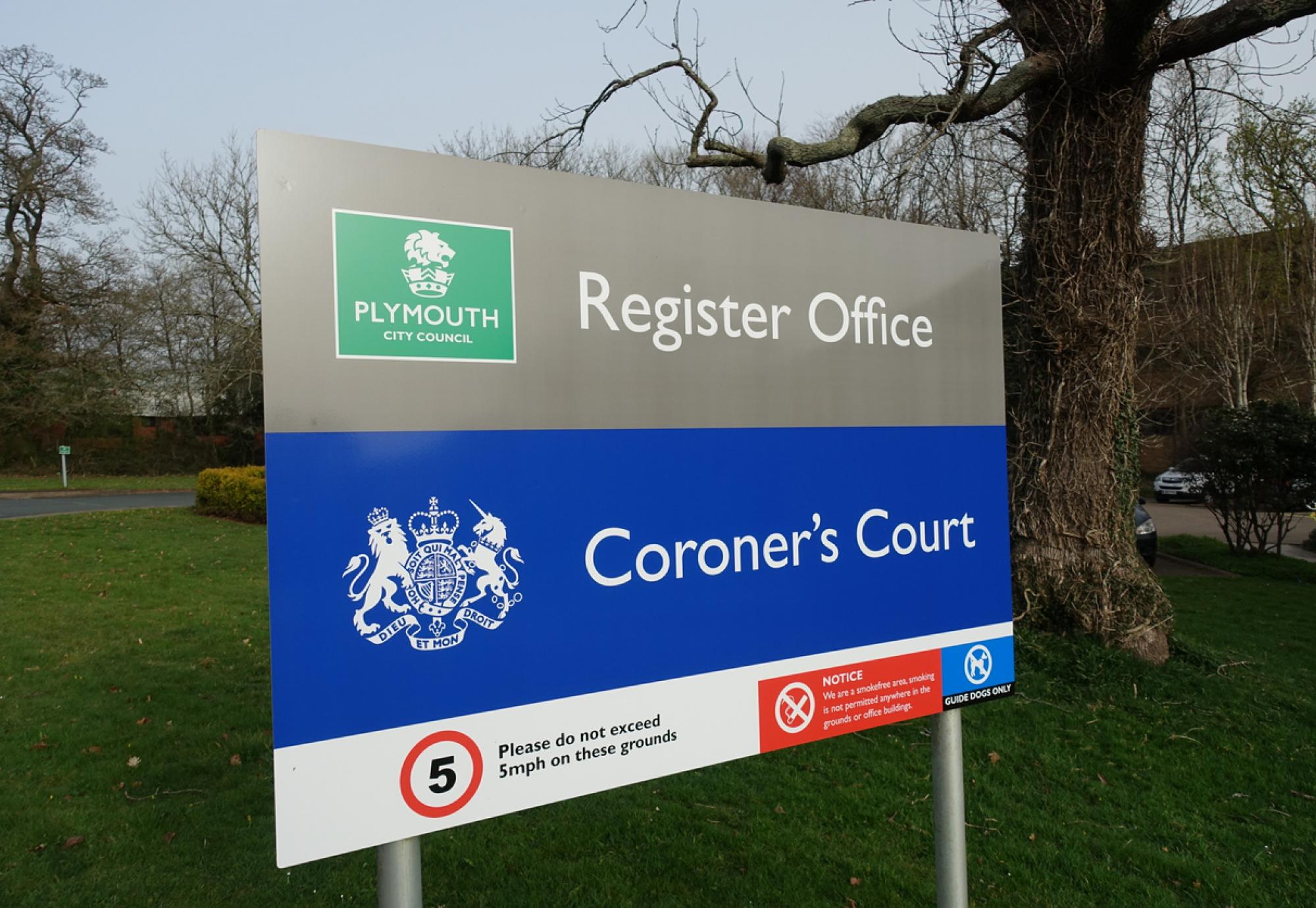The government is set to introduce new measures on how deaths are certified in a bid to better protect the public.
The changes will see medical examiners and practitioners scrutinise cause of death and establish whether the bereaved have any questions or concerns regarding the proposed reason.
They will also support the appropriate referrals to senior coroners and identify cases for further review to ensure best practice.
The move has been taken to prevent criminal activity and poor practice, according to the Department of Health and Social Care.
The relevant legislation will be laid in the early new year, with the new regulations expected to come into force by April 2024 in England and Wales.
The changes will affect registrars, coroners, medical practitioners and everyone else involved in the process of officially certifying the deceased. The reforms will apply to all deaths not already investigated by a coroner in another location.
We're introducing new measures to help protect the public and support bereaved families by changing the way deaths are certified.
— Department of Health and Social Care (@DHSCgovuk) December 14, 2023
Medical examiners will scrutinise a cause of death before it is registered to make sure the right deaths are referred to coroners.
Details 🔻
Health minister, Maria Caulfield, said: “It has taken time to get this right, but it was vital we had the backing of all involved in the process in order to make sure it protects people and supports bereaved families in the way they deserve.
“Although abuse of the system is rare, what we are announcing today will be a significant step in preventing failures in the future.”
Around 126 offices at NHS trusts will host medical examiners across England. As of September 2023, medical examiners have already reviewed approximately 640,000 deaths since 2019.
The national medical examiner for England and Wales, Dr Alan Fletcher, added: “The NHS is pleased the government is putting the work of medical examiners delivering independent scrutiny of all non-coronial deaths in England and Wales on a statutory footing in April 2024.
“As the medical examiner system lead, I have witnessed the care medical examiners take to support bereaved people, increase safeguards, and identify opportunities to improve care.”
He concluded: “Medical examiners ensure that if bereaved people have concerns after their loss, these can be raised as easily as possible, which is why it is great to see this progress towards a comprehensive system.”
Image credit: iStock



















